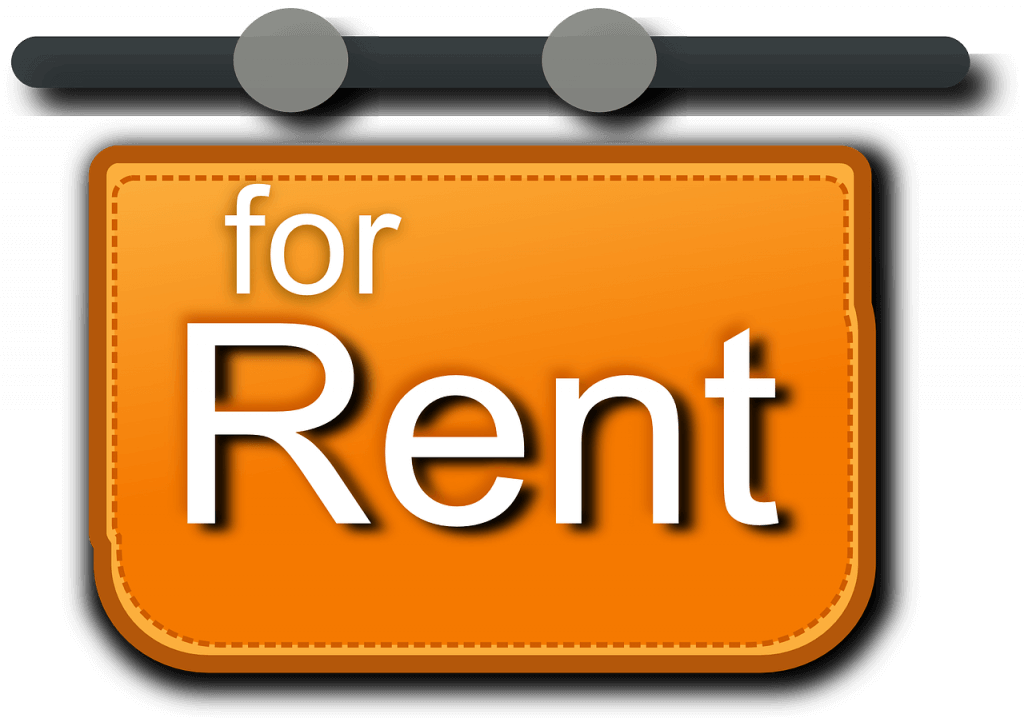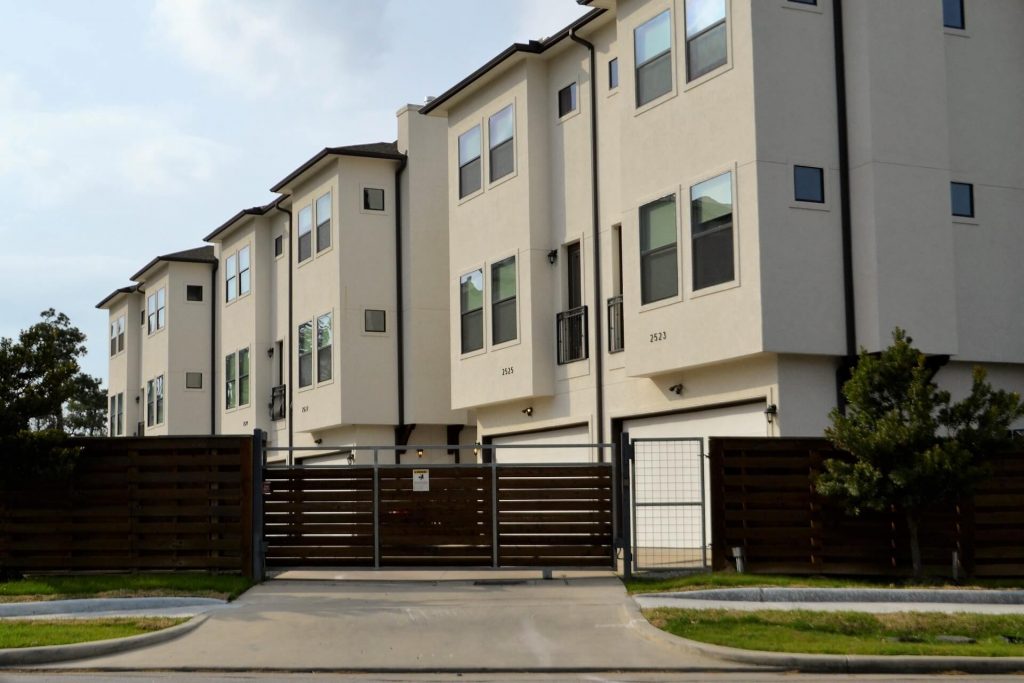Is anyone on the face of the world satisfied with how much they make? Anyone other than the billionaires, of course. Probably no one is and yet still they have to make it work until their next payday.
Among their list of monthly responsibilities is rent. That's quite essential for everyone who hasn't bought a house just yet. But what percentage should you set apart from your paycheck for rent?
Even if you have a house allowance, it, in most cases isn't enough to cover your whole rent. Most financial advisors agree that around 30% of what you take home should be enough for your rent. If it isn't, what percentage of your earning should you never go past when it comes to renting?

The 30% Rule
Before delving further into how much you should put down for rent, you need to understand why financial advisors put a 30% cap on how much should be allocated towards rent. This idea came from the 1960s public housing guidelines.
While others may look at this idea as an outdated one because 1960 is a long time ago, it is a rule that both renters and landlords have used for a long time. What's interesting is that when it comes to mortgages, the banks look at 43% other than 30% as it is with renting.
Does The 30% Rule Work?
Now that you have seen what the 30% rule is about and how it is applied, it's time to know if the rule still works or not. In today's timer, the 30% rule just doesn't add up in most cases. If it did, a lot of people would be forced to move from time to time with the ever-changing inflation rates.
For example, you get into a house, you're renting it, and your salary is $5,000 per month; that means your rent should be around $1,500, right? Then, the next year the economy changes, as it has been doing for some years now, so your landlord increases your rent to $2,000, that's now over the 30% threshold of your salary. Will you choose to move to a new house?
If you want to maintain the same 30% threshold, you'll have to move. However, the stress of getting a lease and moving is enough to make you just adjust your budget again.
30% And Other Expenses
Now, we will discuss the main idea as to why the 30% rule may just be a bit outdated for most people today. First of all, what does the 30% mean for your other expenses? Your other expenses are quite essential to your survival too, so they shouldn't be ignored because of your rent.
This may push you to a lower percentage of what you should use on rent. For example, if you have debts that need to be cleared, those are also quite important. If you have student debts, you have to remember that a certain amount of your pay goes to clear your student rent per month.
The other thing that should come to mind is the Federal tax on your salary which happens each month. What are you the left with? Consider that you want to pay your bills, clear your student loans, pay your credit card debts and also have a chunk of your income left for saving.
Would you still consider paying 30% of your salary as house rent? Probably not. You'll want to reduce it as much as you possibly can.
What Percentage Should You Never Go Over?
This answer to that question is your decision to make, as only you know how much you earn and how much you'd like to put into your savings account. But in general, as listed above, considering the inflation rate and the cost of everything in the market today, 35% should be where you cap your rent at.
If you go above that, chances are you won't have enough to pay your regular bills and save enough for early retirement.

Conclusion
Figuring out how much to put towards your rent can be the toughest task you've ever had to do. Put in too much and you'll probably have to work for a longer period of time. On the other hand, put in too little and the living conditions won't be good enough for you.
All in all, the final decision on what percentage of your earnings you can spend on your rent, remains with you. However, the 30% threshold is a good place to start.




















